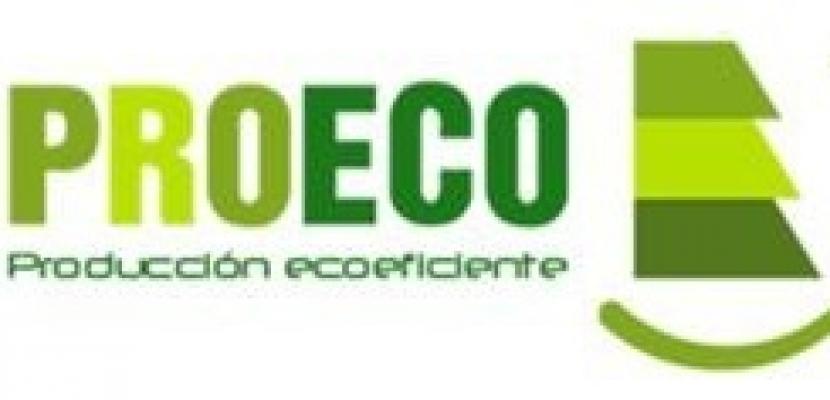
Low Cost Recycling Infrastructure for Zero Discharge in industrial areas

About this good practice
Mono-sectoral industrial parks (textiles, footware, agri-food, ceramic, automotive industries), and multisectoral.
Analysis of different projects shows that water used by companies can be classified in to five groups:
- High mineralisation water
- Ground water / tap water
- Decalcified water
- Partial demineralised water
- Completely demineralised water
PROECO (a project involving seven technical institutes throught the region) developed a three level filtration system that was based on these five levels while also having regard for the availability of significant amounts of wastewater through the industrial zones together with the number of companies located in the industrial zones. The three levels of the filtration system are:
- Removal of suspended solids using a filter 1-100micrometer
- Removal of colloidal and macromolecular particles using a filter 0,01-1 micrometer
- Partial demineralisation using nanofiltration and reverse osmosis
As each step leads to a greated level of purity, they provide the different grades of water that can be utilised by different industrial sectors. The developed methodology includes a water audit and diagnosis of water use (annual volume needed, water specification, process using water, etc) that must be completed for each industrial area.
Infrastructure of filtration and distribution of the treated water would be managed by an industrial management body.
Expert opinion
The EU Circular economy package committed to develop a number of actions to promote further the uptake of water reuse at EU level. With the increasing impacts of climate change, several EU countries are suffering from droughts, with at least 11% of Europeans being affected by water scarcity. Reusing water from wastewater treatment plants can ensure a safe and predictable source of water, whilst lowering the pressure on water bodies and enhancing the ability to adapt to climate change. Reusing water after appropriate treatment extends its life cycle, thereby preserving water resources. This practice is an example of developing low-cost infrastructure for wastewater discharges from industrial sources. A key element of the practice is the involvement of several technical institutes from the region, as well as the main stakeholders linked to the industrial area, such as town councils, entities managing industrial areas, wastewater facilities, etc. The good practice can be interesting for other regions with industrial parks and water scarcity aiming to stimulate water reuse.
Resources needed
Involvement of the main stakeholders linked to an industrial area such as: town councils, entities managing industrial areas, wastewater facilities, large water users, existing infrastructure
Evidence of success
The regional ministries of industry and environment are currently designing pilot scale projects based on PROECO as part of their promotion of circular economy policies on industrial areas.
The techniques are proved as a good solution in areas of water scarcity
Potential for learning or transfer
The creation of a methodology and standardised feasibility study that could act as a pre-project analysis, identifying industry and infrastructure within industrial areas would be an advantage. Case studies of successful implementation should be developed.
Pilot trials of the PROECO approach will be carried out in industrial areas by the regional environment ministry of Valencian Community. Once implemented, the additional infrastructure would be an added value proposition for industrial areas.
If the treatment requirements were implemented at existing wastewater treatment facilities, the initial cost could be decreased further.
Good practice owner
You can contact the good practice owner below for more detailed information.
AIDIMME

